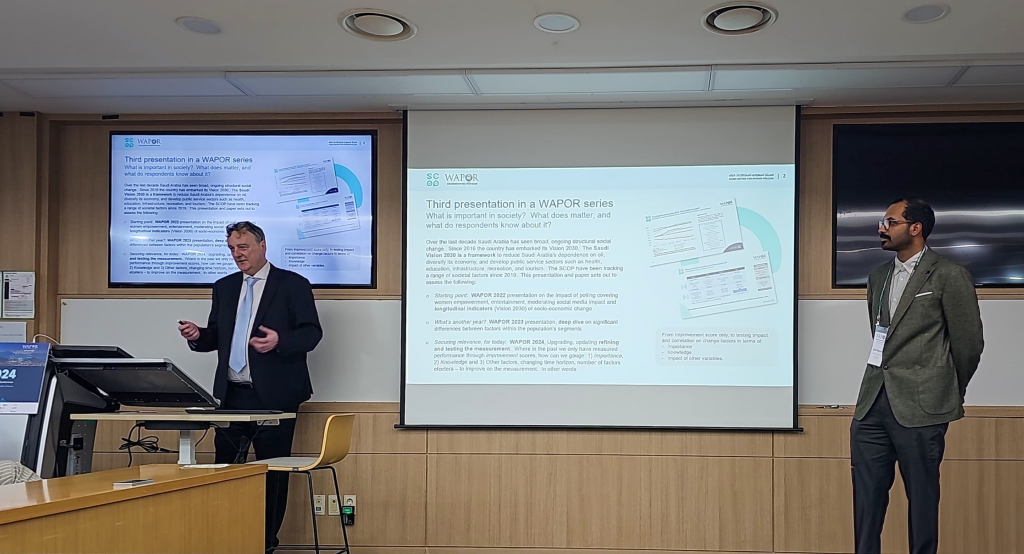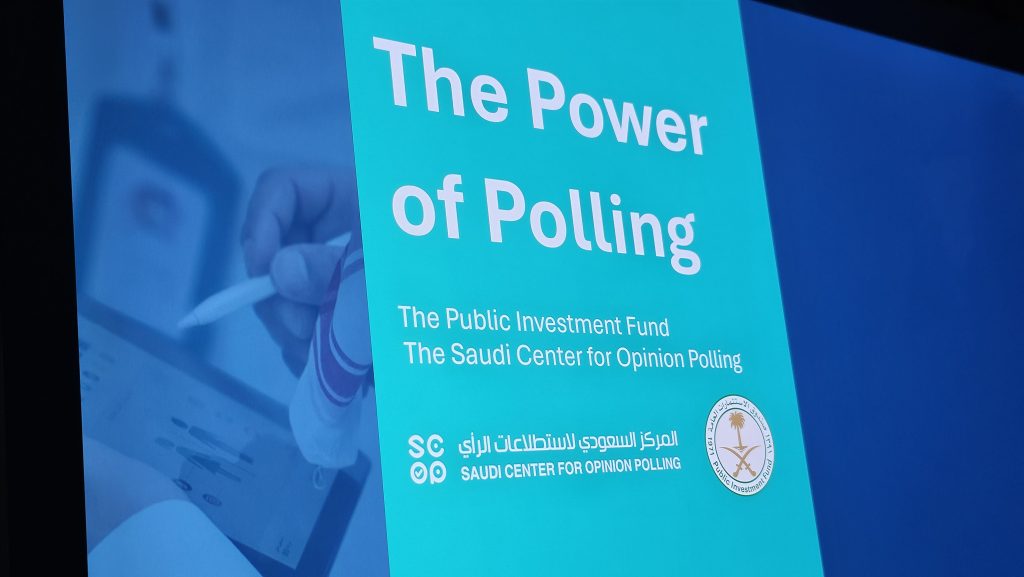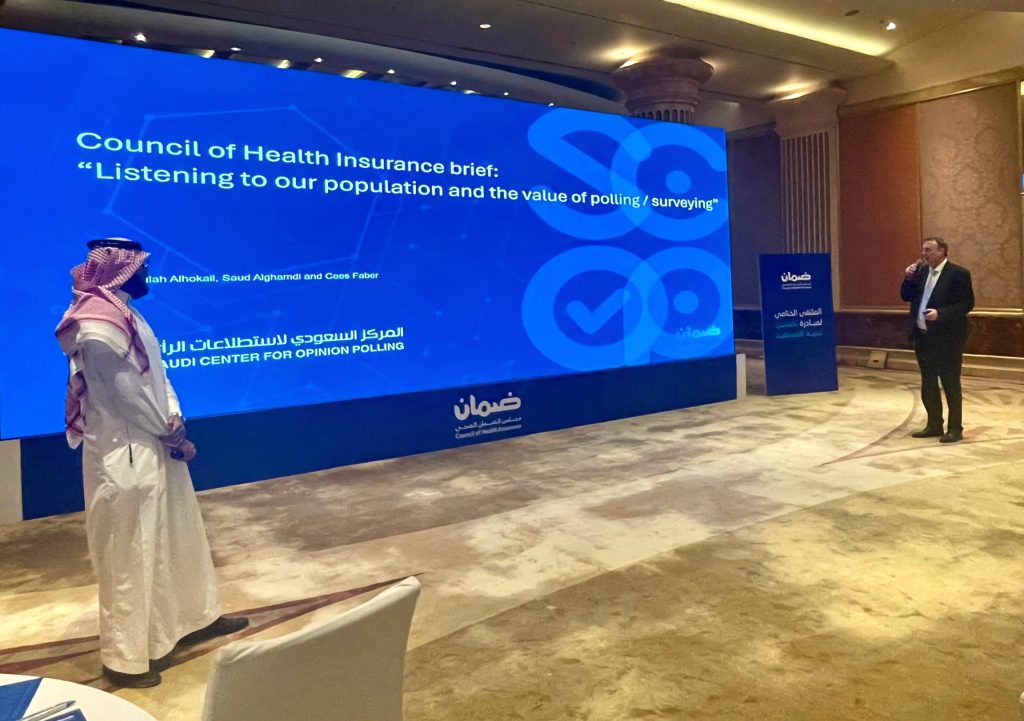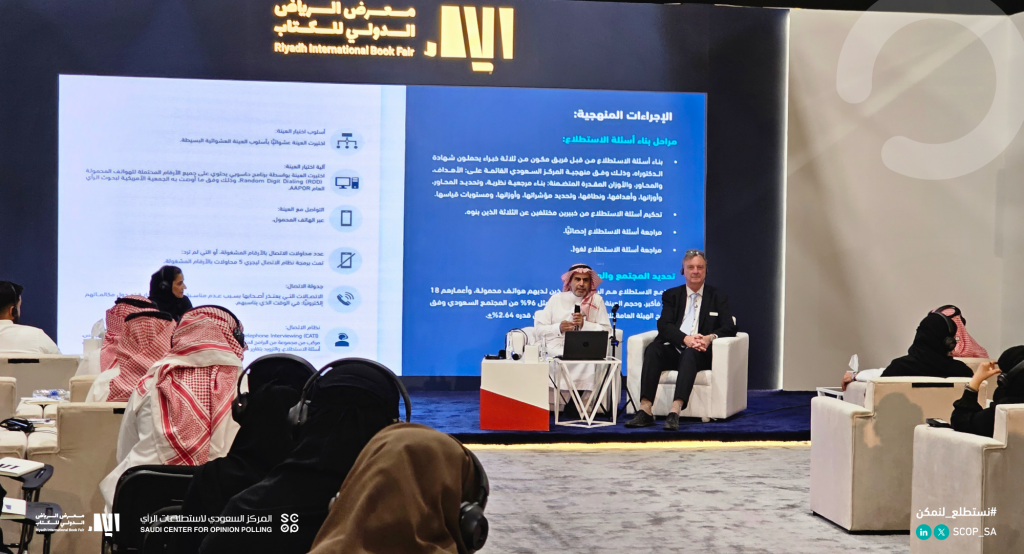
From polls to policies: How opinion surveys are helping to guide Saudi decisionmakers
- 5659
- 26 Oct 2021
- https://scop.sa/?p=1661
Saudi Arabia is a country that is changing fast. Its very young and dynamic population (67% under the age of 34, of whom 66% have never been married) are healthier and better educated than their parents. They are universally wired, tech savvy and thirsty for change.
One of the most high-profile and celebrated reforms in recent years has been granting women the permission to drive. Prior to introducing this reform, many thought that it would be unpopular with the general public. To find out, the Saudi Center for Opinion Polling (SCOP) an independent and non-profit organization licensed by the Ministry of Human Resources and Social Development was tasked with gauging public opinion. They undertook a poll of Saudi citizens aged 15 and above through a randomly generated list of phone numbers and discovered an overwhelming support for the reform. The polling results indicated that a majority of around two-thirds of the population was in favor of the concept before it became law. Armed with this knowledge, Saudi policymakers pushed ahead with the changes and millions of Saudi women have obtained their licenses and increased freedom of movement.
Early in 2021, SCOP conducted a study on the public opinion towards Vision 2030. This again highlighted dynamic change — 90% of the population believes that female employment prospects are increasing, whilst 88% believe that Vision 2030 has improved Government performance. The same percentage (88%) noted improvements in entertainment activities. Importantly, during a poll in 2018, it was found that 80% of the population supported the change in guardianship laws that would grant greater freedoms for widowed and divorced women.
This is only a small part of the bigger movement towards gender equality in the Kingdom. Women have been granted the ability to get their own passports, and to travel without the permission of their husbands or other male guardian — freedoms that women in many parts of the world take for granted. However, it is perhaps in the economic sphere where the changes have been most profound.
Starting in 2017 programs such as Qurrah and Wusool which offered subsidized childcare and transport respectively have greatly facilitated female entry to the workplace. Labor reforms that eliminated gender-based discrimination in employment, gender pay gaps and banned sexual harassment in the workplace also encouraged more women to take up employment.
Opinion polls conducted at this time also showed 99% support for women entering the labor market and 96% supporting women taking up leadership positions in business. Women who had seen the data were much more likely to apply for a higher paid job outside the home.
Changing laws and changing opinions have led to radical changes in a short space of time. Women have quickly gone from not being allowed to drive, to becoming freelance taxi drivers (or captainahs as they are known locally) through ride-hailing apps like Uber and local equivalents such as Leena.
Instead of halting the changes, the pandemic has proved an additional catalyst to increased women’s employment in the Kingdom. Since the pandemic started, women have outnumbered men joining the labor market in every age category but especially in the prime ages between 30-49.
Much of what happens in any country can be explained by cultural norms. And cultural norms can change much quicker than most people expect. This is especially true in a young and dynamic country like Saudi Arabia. Policymakers interested in shaping the future in Saudi Arabia are increasingly collaborating with polling organizations like SCOP that are strengthening the voice of the citizen and providing a channel to allow decisionmakers the chance to include public opinion while developing national policies. Citizen centric engagement is key to improved trust between government and citizen and vital for improved evidence-based policymaking.
 Home
Home 



